8 Best Home Remedies For Piles
By Dr. Shiv Kishor +2 more

Get,

to manage your symptom
Get your,


4 Cr+ families
benefitted

OTP sent to 9988776655



You’ve successfully subscribed to receive
doctor-approved tips on
Whatsapp

Get ready to feel your best.

Hi There,
Download the PharmEasy App now!!


Register to Avail the Offer
Send OTPBy continuing, you agree with our Privacy Policy and Terms and Conditions

Hi There,
Sign up on PharmEasy now!!
Trusted by 4 crore+ families

OTP sent to 9988776655



You have unlocked 25% off on medicines




Code: NU25

Comments


Leave your comment here
By Dr. Shiv Kishor +2 more
Table of Contents
Piles, also known as haemorrhoids, are swollen veins in the anal canal region. When in their normal state, they act as cushions to control the passage of stools. While the exact cause of piles is unknown, studies1 have shown that factors that increase pressure in the anal area during excretion are hugely responsible for piles.
If you’re experiencing symptoms like a burning sensation in the anal region while sitting or passing stools, it’s important to consult a doctor for proper diagnosis. Follow the treatment advised by your doctor. Along with the prescribed medicines or surgery, you’ll be asked to follow a healthy lifestyle and diet. Initial measures consist of increasing fibre intake, resting and drinking enough fluids to maintain hydration throughout the body. Medicated creams may be applied to the area, but their effectiveness can falter depending on the severity of your situation.
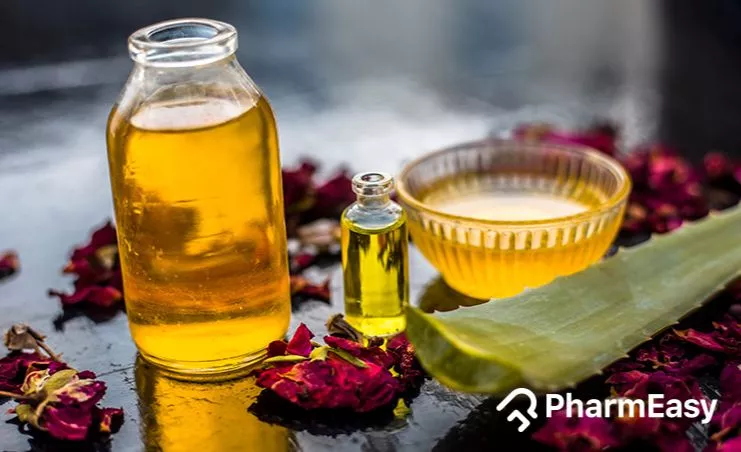
The exact cause behind the occurrence of haemorrhoids is still unknown. While it is difficult to pinpoint what causes piles accurately, there are several factors that may contribute to piles:
Other factors that could equally contribute to the occurrence of piles could be:
Did You Know?
I read about a study4 in Nigeria that highlighted how traditional plants might be beneficial in the treatment of piles. The study found that 25 different plants from 19 families were used, with the most common ones being from the Fabaceae family. Various parts of these plants, such as leaves, barks, roots, etc., may have anti-inflammatory properties to soothe piles naturally. Many of these plants are rare and wild. Hence, more research is needed to protect them, standardise their use and research their effectiveness.
Dr. Nayana Shetty, MBBS, MD
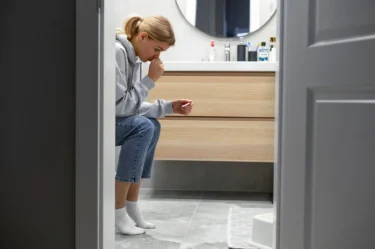
Warm baths can help soothe the irritation that haemorrhoids cause6. Try using a sitz bath. A Sitz bath is a method that uses a small plastic tub that fits over a toilet seat so you can just immerse the affected area. Betadine solution or other antiseptic solutions advised by a doctor can be added to this water.
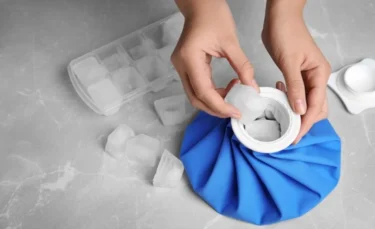
Apply ice packs or cold compresses to the anal area to relieve swelling for a minimum of 15 minutes at a time. For large, painful haemorrhoids, cold compresses can be an extremely effective means of dealing with the pain7.
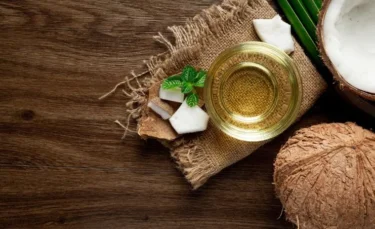
According to research8, coconut oil has strong anti-inflammatory properties that may reduce inflammation and swelling. It has analgesic (pain-relieving) properties that can help to relieve discomfort caused by the haemorrhoids. It also has antibacterial properties that may help with the symptoms of hemorrhoids.
A natural blend consisting of honey, olive oil and beeswax may offer relief for piles. Research9 suggests that this mixture might significantly reduce symptoms like bleeding, itching, and pain, providing a safe and effective treatment option.
Dr. Nayana Shetty, MBBS, MD
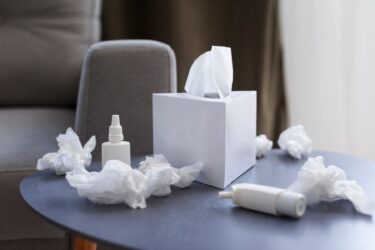
Using toilet paper after a bowel movement can irritate existing haemorrhoids. Moistened wipes help keep you clean without causing further irritation. You can also use wipes with soothing anti-haemorrhoid ingredients, such as witch hazel or aloe vera10.
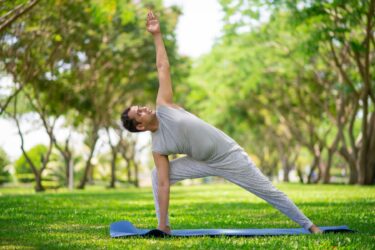
Exercising at home can be a great way to manage the symptoms of haemorrhoids11. Doing regular pelvic floor exercises may offer long term benefits for piles. Strengthening your pelvic floor muscles can help empty your bowel without putting much strain.
Also Read: Best Home Remedies for Clear Skin
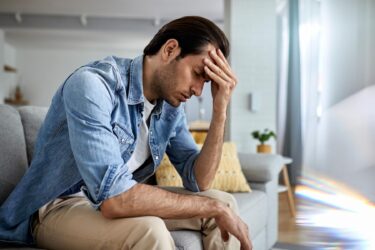
Making a conscious effort to relax and manage stress effectively has an indirect but important effect in regulating good bowel habits. Getting enough sleep at night also helps with the same while maintaining good digestive health. This, in turn, promotes smooth bowel passage12.

This goes without saying, but drinking enough water and other healthy liquids like fruit juices aids in making your bowel less dry13. When your body is well-hydrated, your digestive health starts becoming better, thus helping you put less strain on your bowel movements.
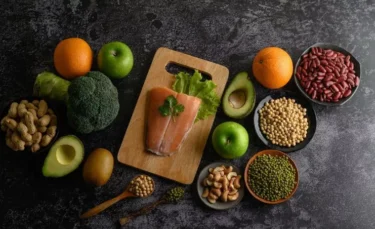
Consuming a balanced diet with ample insoluble as well as soluble fibre will help you with regular bowel movements. Insoluble fibre adds bulk to your stool, making it less likely for you to strain while passing stool14. Fibre is also known to promote a healthy gut.
Drumstick tree or moringa might also be a helpful remedy for piles. Moringa may help reduce inflammation and manage symptoms of piles15. However, since it’s a traditional remedy, more research is needed to fully understand its effectiveness and benefits.
Dr. Nayana Shetty, MBBS, MD
Also Read: Food for Piles: Best Food Options and Foods to Avoid
You should consult a doctor without delay if you notice any of the symptoms mentioned earlier. Some signs of piles can also resemble those of more serious conditions like colorectal cancer. Therefore, an early diagnosis from a doctor is important. Report to your doctor if:
Also Read: Simple Home Remedies for Frequent Urination
Drinking a lot of fluids and a fibre-rich diet, taking a warm bath to soothe itching and pain, applying topical ointments prescribed by a doctor, exercising and keeping the bottom area dry will all act as a catalyst to help you relieve piles faster. It is important to consult a doctor and follow the treatment advised.
Dairy items like milk and cheese, white flour, processed meat, fried food, spicy food items and red meat should be avoided at home and outside if you have started showing symptoms of piles16. Basically, food that increases the chances of bloating and constipation should be avoided.
Your doctor will advise you on the best medicines based on your condition. It may include some medicines to narrow swollen veins, some painkillers and medicines to manage digestive issues like constipation if present.
Yes, haemorrhoids can be both painful and itchy. Piles are swollen and distended veins in the anus and lowest part of the rectum. Haemorrhoids are traditionally associated with prolonged sitting on the toilet combined with straining during bowel movements. It is also common during pregnancy and usually resolves after childbirth.
Disclaimer: The information provided here is for educational/awareness purposes only and is not intended to be a substitute for medical treatment by a healthcare professional and should not be relied upon to diagnose or treat any medical condition. The reader should consult a registered medical practitioner to determine the appropriateness of the information and before consuming any medication. PharmEasy does not provide any guarantee or warranty (express or implied) regarding the accuracy, adequacy, completeness, legality, reliability or usefulness of the information; and disclaims any liability arising thereof.
Comments

Leave your comment...

View all comments(1)
You may also like
It’s worth it